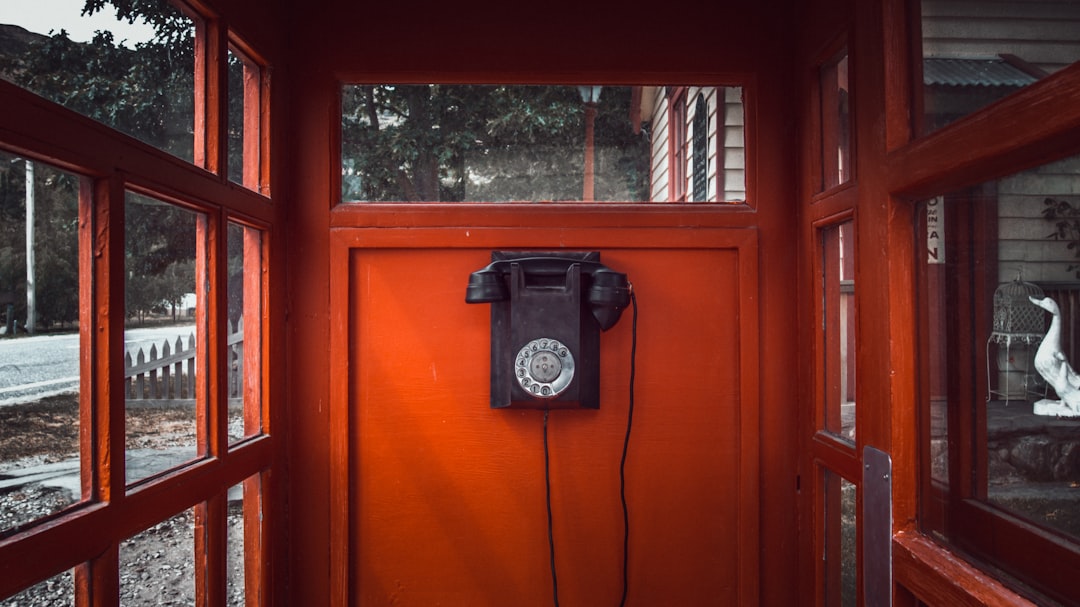Spam calls are a growing problem in West Virginia's cities, disrupting daily life and causing financial harm. Many residents lack awareness of legal protections offered by stringent state laws against unwanted telemarketing. A dedicated Spam Call law firm West Virginia is vital to educate communities, empower citizens, and enforce regulations. Through community engagement, reporting suspicious calls, and advocating for stricter rules, these firms protect businesses and improve quality of life, fostering a spam-free environment.
In West Virginia, community engagement plays a pivotal role in combating the nuisance and potential risks associated with spam calls. This article delves into the multifaceted issue of spam calls within local communities, exploring their impact and the legal protections offered by state-level Spam Call laws. We provide actionable strategies for residents and legal professionals to foster effective community engagement, empowering West Virginians to fight back against these intrusive communications. By combining community efforts and legal awareness, West Virginia can create a more secure environment free from spam calls.
Understanding the Impact of Spam Calls in West Virginia Communities
In West Virginia, spam calls have become a growing concern for communities across the state. These unwanted and often fraudulent phone calls can disrupt daily life, waste valuable time, and even lead to financial losses. According to recent studies, areas like Charleston, Huntington, and Parkersburg have seen an alarming rise in spam call activity, causing distress among residents. Many West Virginia citizens are unaware of the legal protections available to them against these nuisance calls, leading to a sense of powerlessness. A spam call law firm West Virginia can play a crucial role in educating communities on their rights and the existing laws aimed at mitigating this issue.
The impact extends beyond individual frustration; spam calls can negatively affect local businesses and contribute to a perception of an unsafe or unwelcoming community. By understanding the magnitude of the problem, residents can actively participate in finding solutions. Community engagement is essential in identifying patterns, reporting suspicious calls, and advocating for stricter spam call law firm West Virginia regulations to protect their neighbors and enhance the overall quality of life in beautiful West Virginia.
The Legal Framework: How Spam Call Laws Protect Residents
In West Virginia, the fight against spam calls is not just a moral imperative but also a legal requirement. The state has implemented robust legislation to protect its residents from unwanted telemarketing practices. These laws are designed to give consumers control over their phone lines and ensure that businesses adhere to ethical marketing standards.
The Spam Call law firm in West Virginia plays a pivotal role in upholding these regulations, offering legal counsel, and representing the rights of citizens. By understanding and enforcing these laws, the firm contributes to a safer and more peaceful environment for residents who often face harassment from persistent spam calls. This collective effort not only protects individuals but also promotes fair business practices throughout the state.
Strategies for Effective Community Engagement to Combat Spam Calls
Community engagement plays a pivotal role in combating spam calls, especially in West Virginia where a robust Spam Call law firm is essential. Building a collaborative network within communities allows for the sharing of information and resources to identify and report spam callers effectively. Local organizations, schools, and community centers can host workshops and awareness campaigns to educate residents about recognizing spam patterns and reporting mechanisms. Encouraging active participation through reward systems or recognition programs for significant contributions can foster a sense of collective responsibility.
Additionally, leveraging social media platforms and local online forums enables swift dissemination of information and coordination among neighbors. By combining these strategies, communities can create a robust defense against spam calls, enhancing the overall quality of life in West Virginia. Effective engagement transforms residents from passive victims to proactive participants in the fight against spam, ensuring a safer and more secure environment for everyone.






